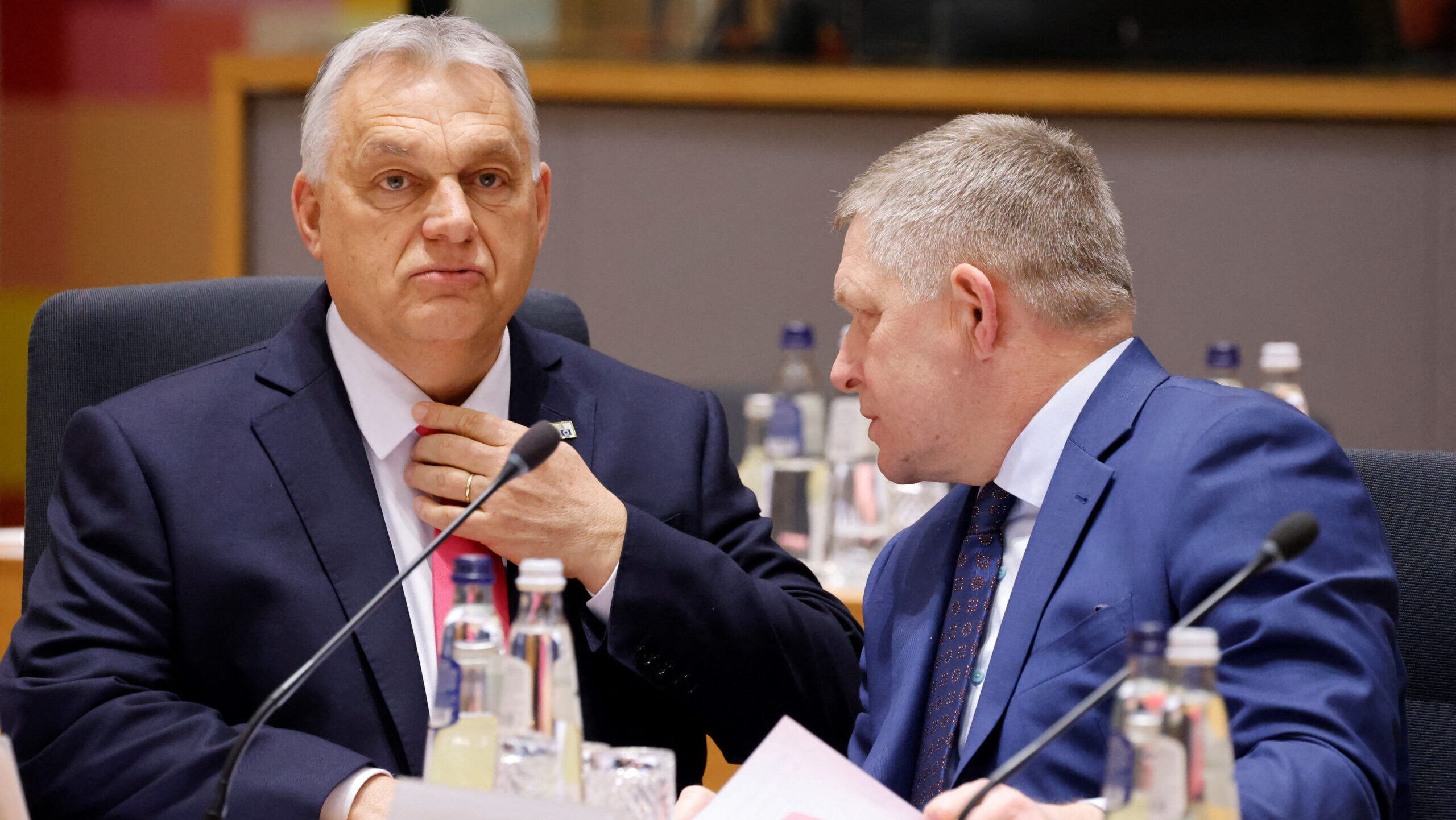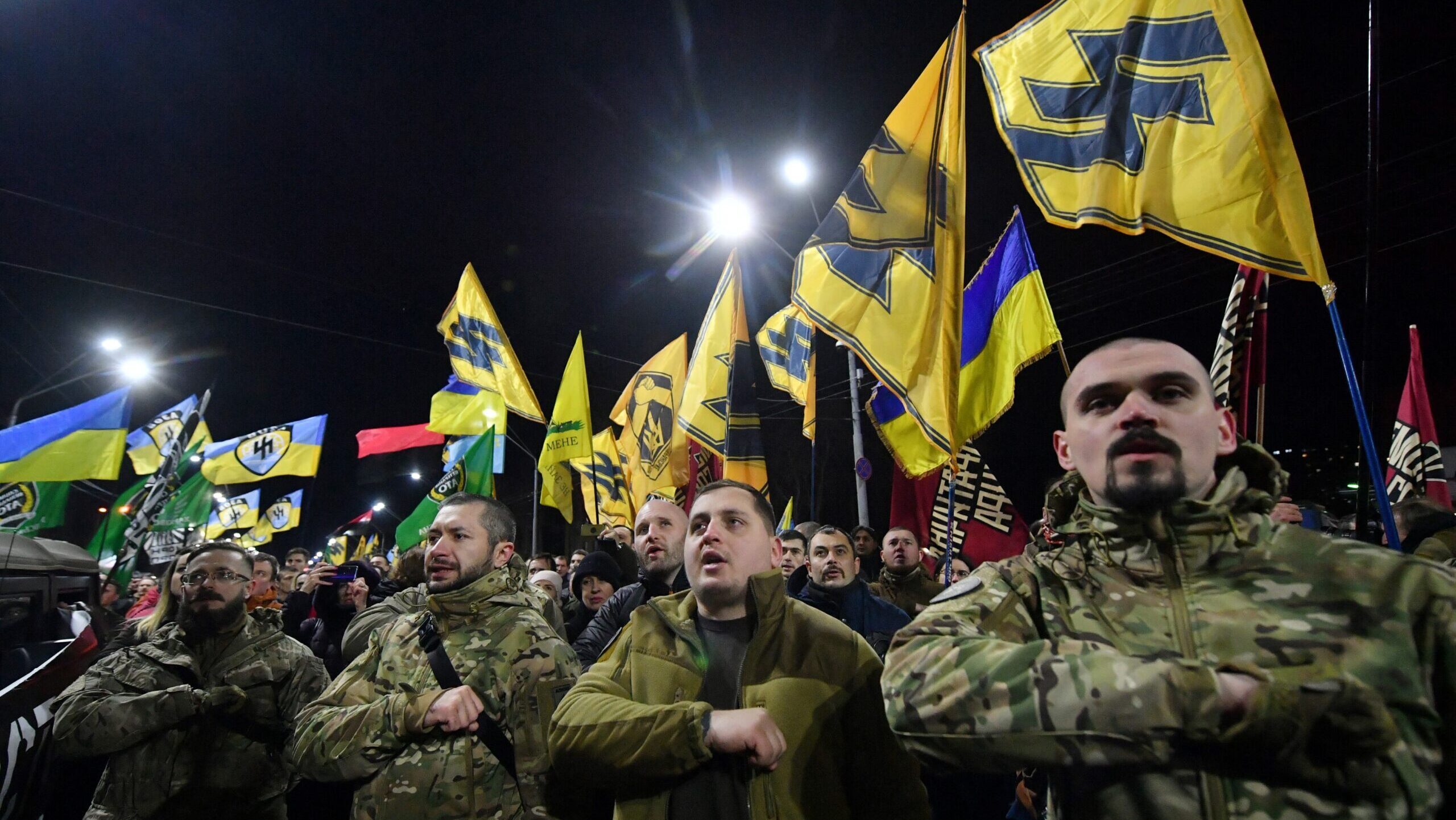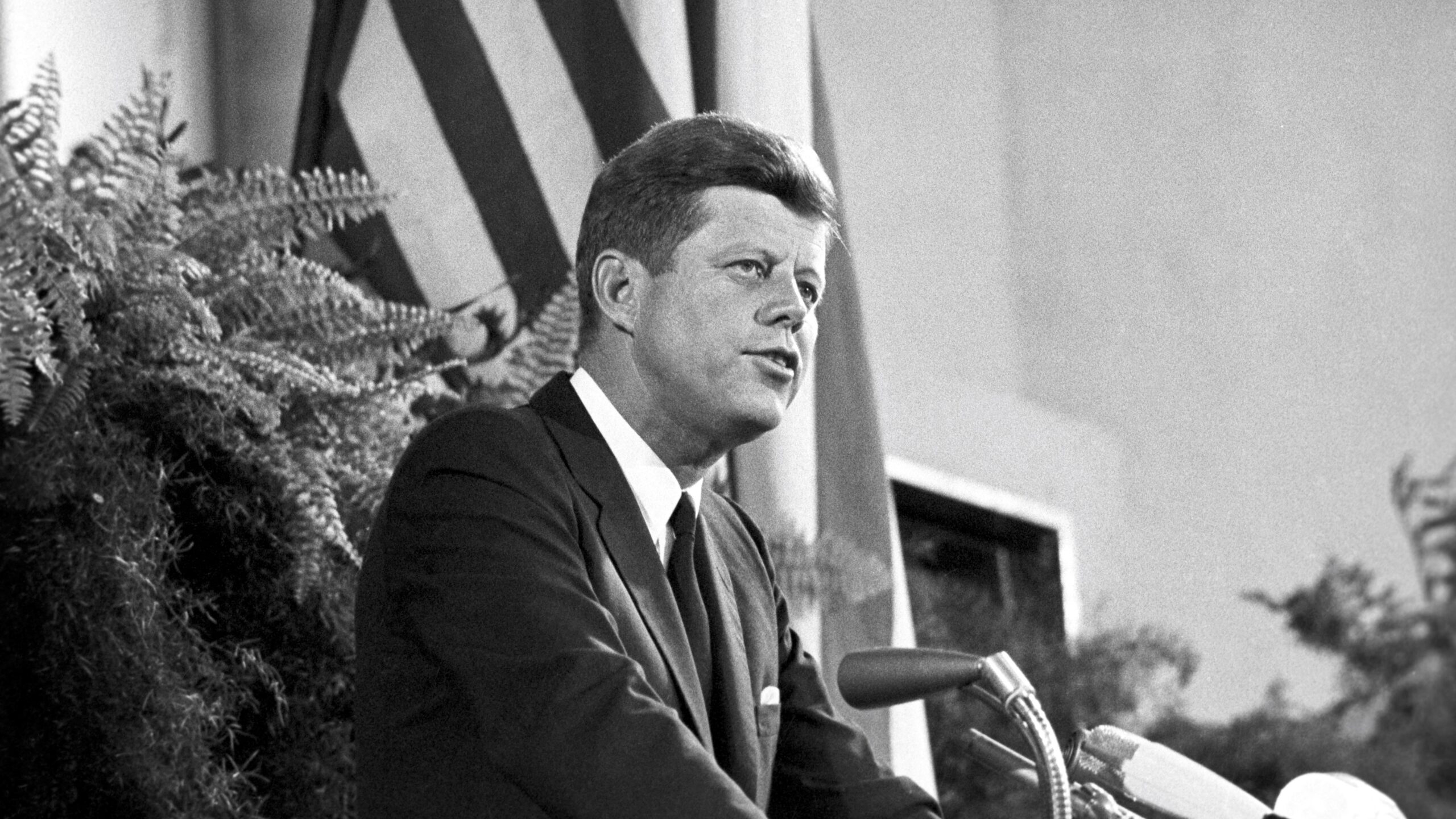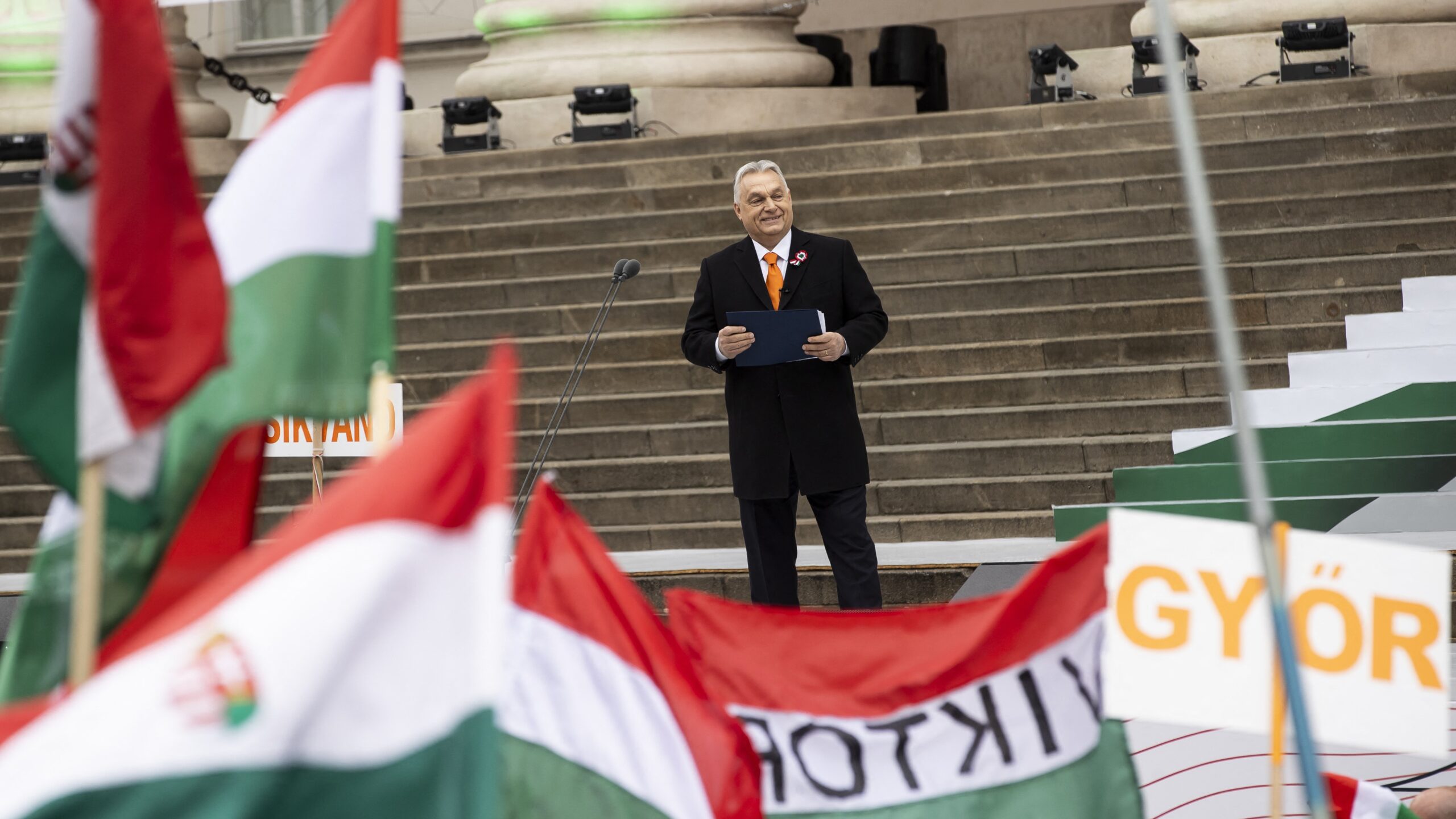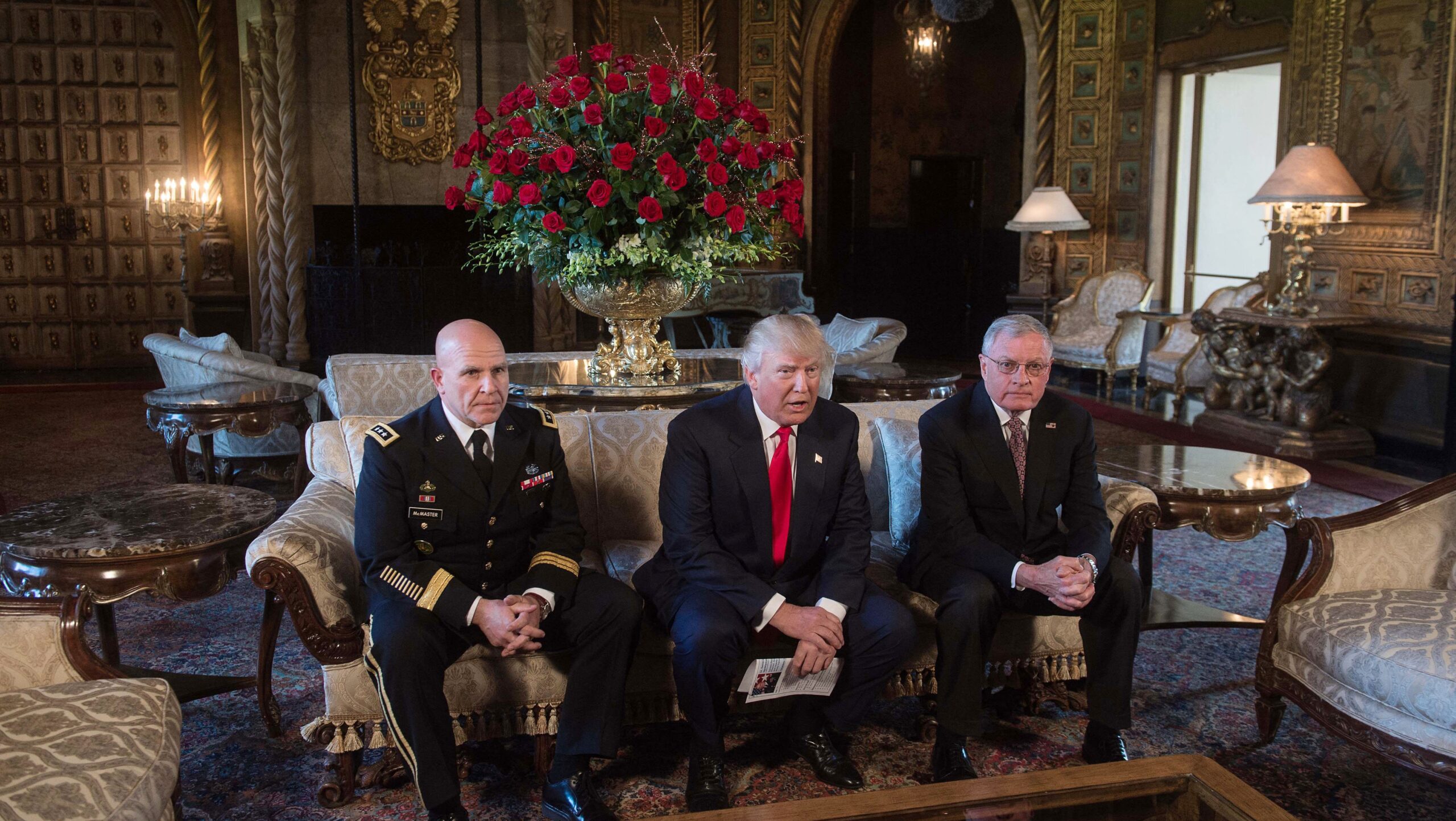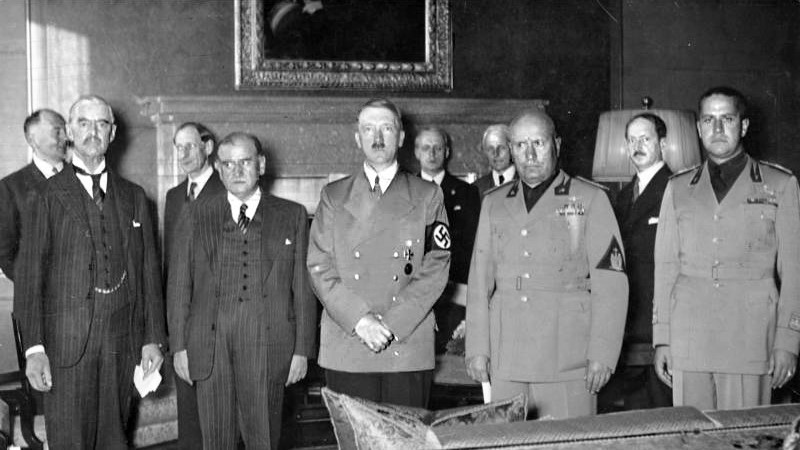
From Buda to Brussels: Sovereignty under Europe’s Technocratic Regime
‘The defence of democracy, human rights, and sovereignty cannot be contingent on political expediency or the geopolitical convenience of targeting smaller or less powerful states. A genuinely united Europe must demonstrate a consistent and impartial commitment to its principles, respecting the agency of all member states.’


